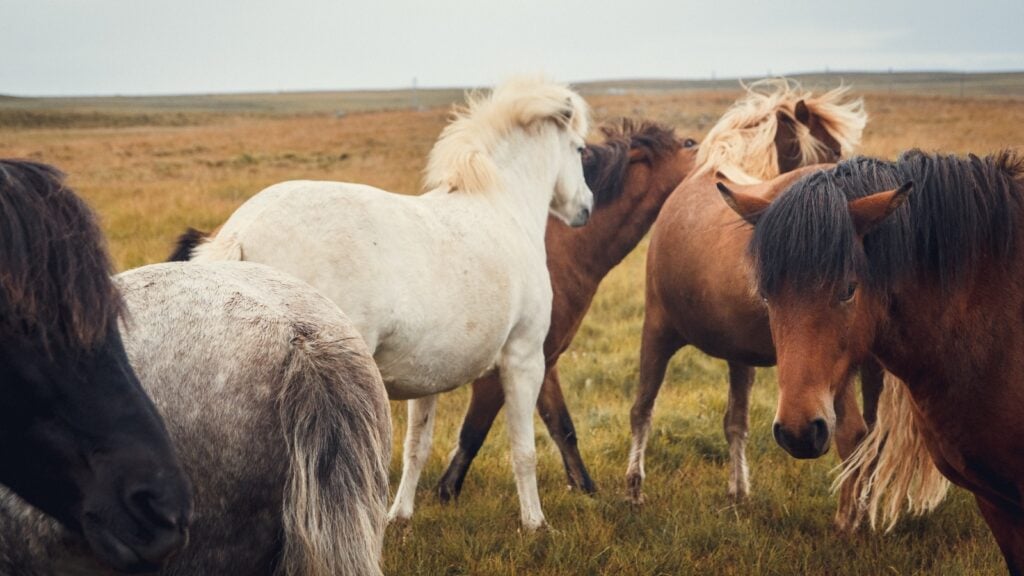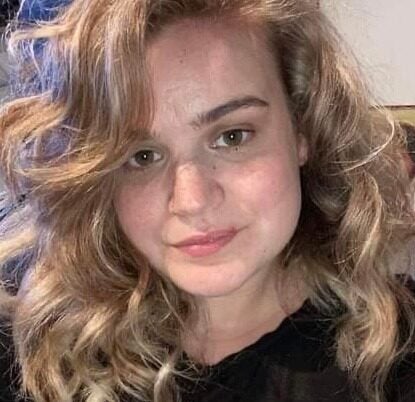Iceland is facing pressure to shut down its 119 blood farms, which exploit more than 5,300 semi-wild Icelandic horses.
Iceland’s blood farming business relies on extracting a hormone from pregnant mares and then selling it to European and British farmers.
The hormone (called Pregnant Mare Serum Gonadotropin) is turned into powder. Farmers then give the powder to their own female farm animals to increase reproduction rates.
According to the NGO Eurogroup for Animals, around five liters of blood is taken from pregnant horses every week in Iceland. When they give birth, their foals are often sent to the slaughterhouse.
The blood farming process is inherently exploitative. But on top of this, animal rights activists recently discovered horses being abused on the farms. They obtained footage of the animals being hit before their blood was taken.
They also discovered bite marks inside the horse enclosures, which they say is an indication of anxiety and distress.
🐴 #DYK? Huge amounts of blood are taken from pregnant mares to produce a hormone called #eCG.
— Eurogroup For Animals (@Act4AnimalsEU) May 16, 2022
🐖 This is used to increase fertility in farm animals.
❌ We call on the 🇪🇺 to stop this cruel practice and ban the production/import/use of eCG.https://t.co/44MawgLzdl
Growing opposition to blood farms
Animal rights activists aren’t the only ones against blood farms.
The European parliament wants them to be banned too. In fact, a 2021 Motion for a Resolution called “on the Commission and the Member States to halt the import and production” of Pregnant Mare Serum Gonadotropin. It called for the use of “animal-friendly alternatives” instead.
Applying more pressure on Iceland and the European Commission, Eurogroup for Animals recently partnered with 16 animal protection organizations to file a complaint against blood farming to the European Free Trade Association’s Surveillance Authority.
The complaint argues that Iceland is not applying its laws on the protection of animals used in science to blood farms. Despite claims to the contrary, Iceland does not see the extraction of the hormone as an animal experiment.
Many Icelandic people are also against blood farming.
Rósa Líf Darradóttir, who lives in Reykjavik, Iceland’s capital, and owns horses, told the Guardian: I would like people to know that Iceland is actually stabbing semi-wild pregnant mares. [They’re] taking their blood in extreme volumes and frequency, just to make pigs have more pigs.”






